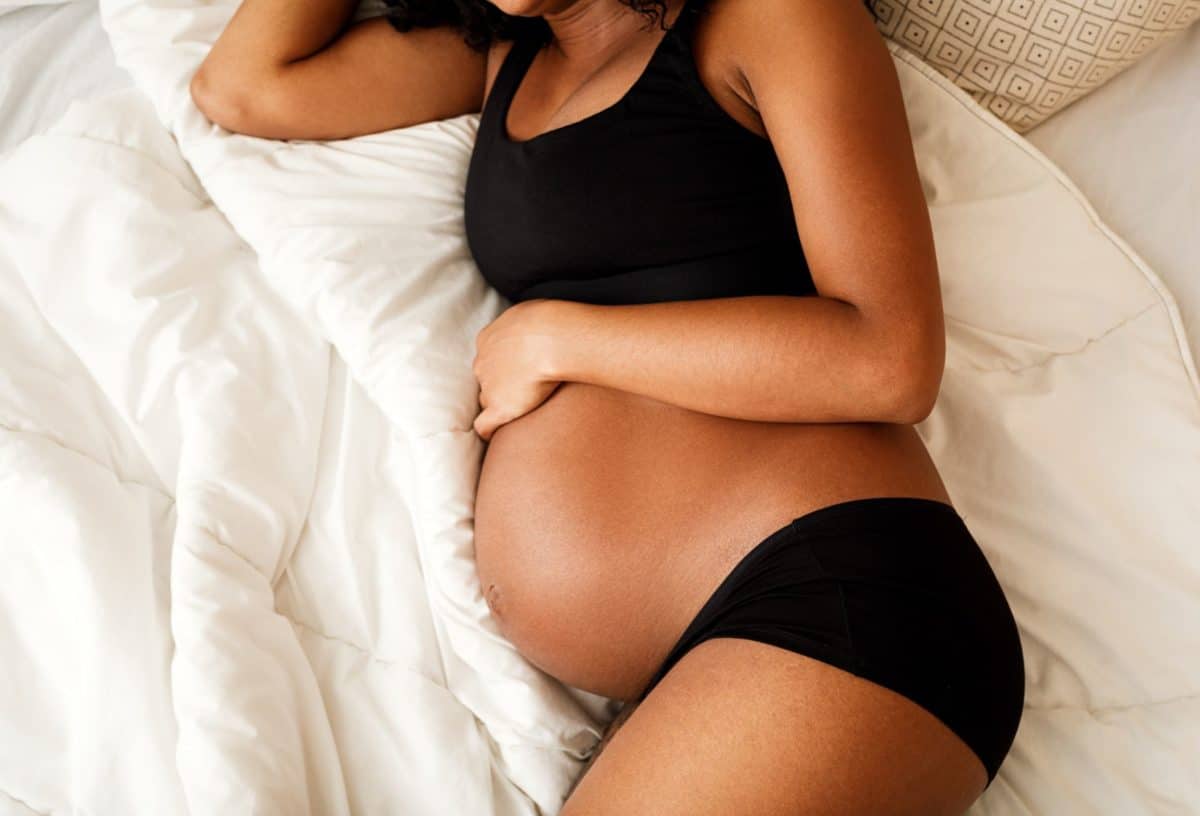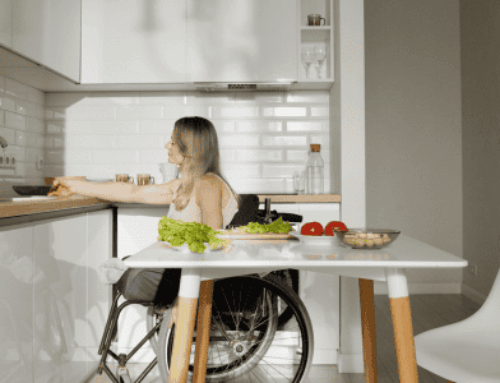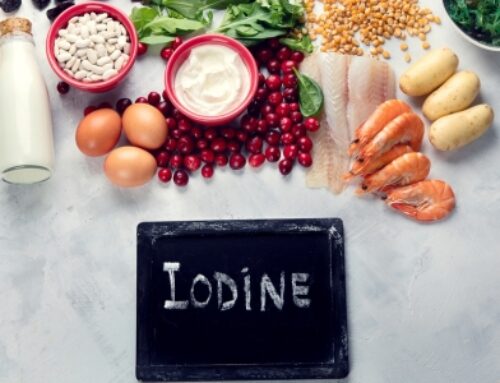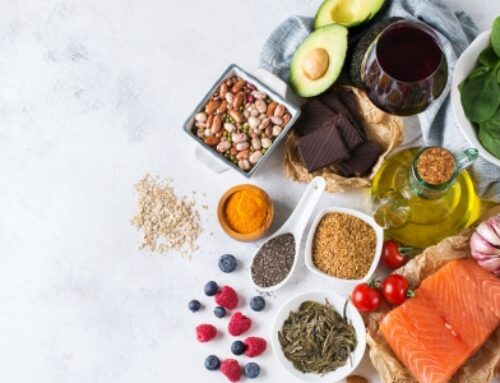Are you thinking of starting a family? Or are you struggling to conceive?
Planning to start a family can be such an exciting time, but it can also be stressful if things don't go quite to plan. When it comes to fertility, there are some things you can't control such as your age and genetics, but there are things you can like your lifestyle and diet.
Early life nutrition is the period between pre-conception and toddlerhood (3 months prior to conception to 2 years of age) where diet and lifestyle can influence lifelong health.
Research has shown that maternal nutrition can impact a child's mental health, food/flavour preferences and risk of disease.
In the preconception period, the main goals are to optimise nutrient stores and limit alcohol and caffeine intake. It would also be a great idea to pay a visit to your GP for a preconception chat and make sure any medical conditions are managed.
If you get on top of your nutrition before you conceive, you will likely thank yourself. If you, like 70% of pregnant women, get morning sickness (aka 'all day sickness'), the last thing you want to think about when in the throes of nausea is swallowing a prenatal tablet or even eating fish/dairy/meat/food in general!
Ideally, getting nutrients from food is preferred, except in the case of deficiencies or for the nutrients iodine and folate where supplementation is more effective.
What's the go with Folate and Iodine?
Folate (the food form of folic acid) is crucial for neural tube development (baby's brain and spinal cord) in the first few weeks of pregnancy. Food sources of folate include green vegetables (broccoli, spinach and asparagus to name a few), fortified breads and cereals, lentils and seeds.
Iodine is important for the development of thyroid hormones which help our bodies regulate growth and energy use. Deficiency is common in Australia. Food sources are from the 'land and sea' such as iodised salt, seafood, dairy and plants grown in iodine rich soil.
How to optimise egg health
The quality of a woman's eggs can be influenced by oxidative stress through factors such as age, smoking, alcohol, stress, and pollution. Age is the number one factor affecting fertility: the older a woman is the higher the chance of errors occurring in the DNA.
What the ladies can do about it:
- Focus on filling your diet full of anti-inflammatory nutrients. Think the 'Mediterranean' pattern of eating with its emphasis on minimally processed fruit, vegetables, legumes, nuts and seeds. Moderate amounts of fish, poultry, eggs, dairy and extra virgin olive oil.
- Look at your cooking methods to limit the amount of advanced glycation end products (AGEs) produced. AGEs are harmful compounds produced when proteins and fats combine with sugar in our bodies or when cooking at high temperatures. Whilst our bodies can deal with some amount, they can accumulate through our diet or aging. So rather than always grilling or barbequing, try microwaving, poaching, steaming or boiling.
How to optimise sperm health
Whilst age isn't as pertinent a factor for the guys, it is still important to consider nutrition as they contribute 50% of the genetic material for bub. It takes about 90 days for the process of spermatogenesis. Like eggs, sperm are susceptible to oxidative stress and DNA fragmentation. Research shows diet can improve sperm quality.
What the guys can do about it:
- Follow a healthy eating pattern that minimises intake of trans/saturated fats (such as bacon, deep fried foods, biscuits, cakes and deli meats).
- Limit intake of processed meat such as bacon, ham, sausages, salami and chicken products (nuggets and schnitzel).
- Eat fish twice a week.
How to support implantation
Uterine health can impact whether an embryo successfully implants or not.
Some nutrients that have been recently associated with higher rates of implantation include omega 3 and zinc. Omega 3 can be found in fish, nuts and seeds. Zinc can be found in oysters, brazil nuts and eggs.
So what first?
- At a bare minimum, take a prenatal supplement 3 months prior to conception containing 400mcg folic acid (a higher dose will be required for some medical conditions) and 150mcg iodine (caution if you have Graves' Disease).
- Aim to have a healthy, balanced diet with plenty of wholefoods and less saturated/trans fats. Think 2 serves of fruit, 5 serves of vegetables (fresh or frozen, it doesn't matter), a serve of protein at each meal and a serve of low GI carbohydrate at each meal.
- Limit alcohol intake.
- Limit caffeine intake – try to have less than 200mg per day (about 2 cups of coffee).
If you are considering pregnancy or you're struggling to conceive and you'd like further help with your nutrition, please reach out to our dietetics team:




